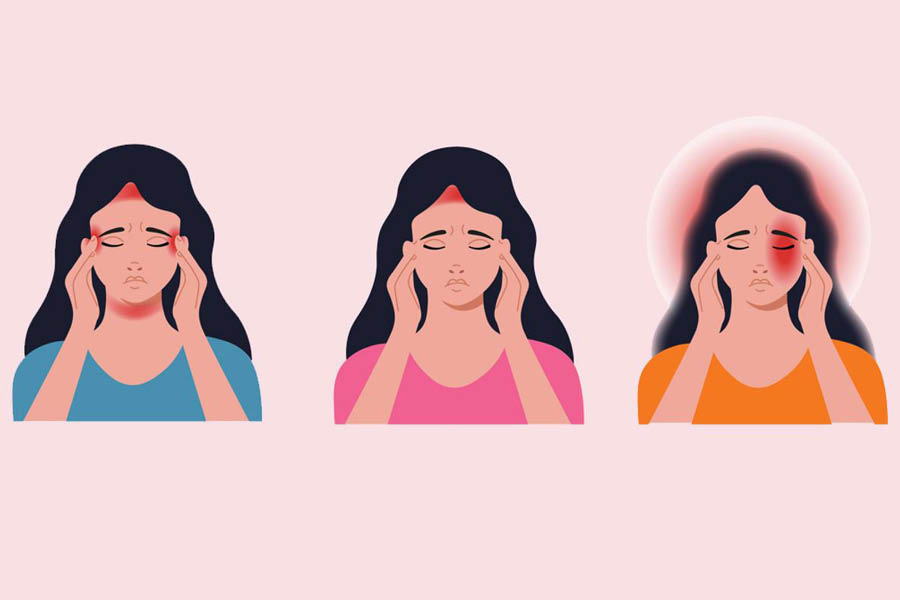Little did Shylock imagine that the “pound of flesh” he had threatened Antonio with in The Merchant of Venice would hog the limelight six centuries years later in the world of medicine. For shedding a pound has now become the proverbial ace up the sleeve of doctors everywhere. We swear at it, we swear by it.
While body shaming is abhorrent in any civilised society, there is no denying the fact that constantly adding pounds to one’s body does considerable, sometimes irreparable, damage to one’s health. The terminologies continue to change but science makes little fuss in underlining how extra weight can spell danger.
From “increased body weight” to “overweight”, from “morbid obesity” to the cut-throat criteria of the Body Mass Index (BMI) that doctors often use, medicine has categorised the implications of adding pounds in the goriest of details. With that in mind, let us familiarise ourselves with the perils of an obese society.
Around 65 to 78 per cent of primary hypertension is attributed to obesity

The relentless promotion of a high-calorie diet has aggravated the menace of obesity TT Archives
There is always a point of entry for an illness. For obesity, it is high blood pressure. A global medical review in 2020 revealed that around 65 to 78 per cent of primary hypertension is attributed to obesity. In a society that relentlessly advertises a high-calorie diet, obesity is a product of a deadly cocktail that is consumed in virtually every household.
The real tragedy starts from there. As a harbinger for some of the most catastrophic events, hypertension becomes unstoppable once it spirals down its path. Almost like the California bushfire, organ after organ, system after system, fall prey to the unbridled ferocity of high blood pressure. Heart disease (acute coronary syndrome), stroke (intracerebral and subarachnoid haemorrhage), kidney disease (hypertensive nephropathy) and visual problems (retinopathy) are disasters waiting to happen.
Away from the image of high blood pressure wreaking havoc, let us get more prosaic for a moment and ask ourselves some basic questions: Do you snore at night? Do you frequently wake up at night gasping for breath? Do you feel fatigued throughout the day? If your answer is yes, then you might be suffering from what we call Obstructive Sleep Apnea (OSA). Why am I bringing it up? Simply because one of the prime causes of this condition is high body weight. OSA not only causes high blood pressure, but in certain situations can even lead to sudden, inexplicable deaths.
Obesity can cause cancer as well as dementia

Obesity can combine with other conditions to significantly increase the chances of coronary attacks or strokes TT Archives
The gamut of diseases directly or indirectly related to obesity seems endless, just like the array of fast food options on our fingertips these days. From diabetes and osteoarthritis to pulmonary conditions like Chronic Obstructive Pulmonary Disease (COPD), from gastro-esophageal reflux disease to gallbladder disorders to fatty liver, obesity can harm in a variety of ways. So much so that we have coined a fashionable term for this — metabolic syndrome. It is a combination of high blood pressure, high blood sugar, too much body fat around the waist and irregular cholesterol levels. When served together, you have a template guaranteed to cause coronary attacks or strokes.
As if not to be left behind, cancer rears it ugly head, too. Around four to eight per cent of all cancers are attributed to obesity. As a risk factor, obesity causes several major cancers, including post-menopausal breast, colorectal, endometrial, kidney, esophageal, pancreatic, liver and gallbladder cancer.
And just when you thought you have had enough, here comes the latest from science that obesity and, in turn insulin resistance, is one of the prime suspects for causing Alzheimer’s dementia.
How do we tackle obesity in a society that literally serves it on a platter, topped with irresistible offers? That is for another article on another day. Till then, put your boots on the ground and move!
Dr Shuvendu Sen, born and brought up in Kolkata, is a US-based physician currently serving as the vice chair, Research, at the Jersey Shore University Medical Center, New Jersey. An award-winning physician and author, his works include The Fight Against Alzheimer’s (Rupa Publications, 2024), Why Buddha Never Had Alzheimer’s (HCI/ Simon & Schuster, 2017) and A Doctor's Diary (Times Group Books, 2014), among others. Dr Sen can be reached at shuvendusen57@gmail.com


